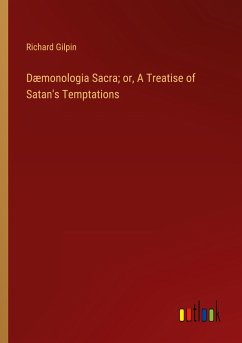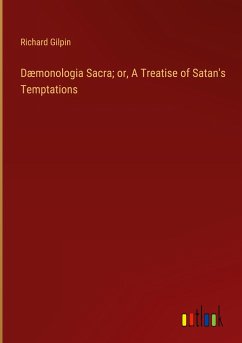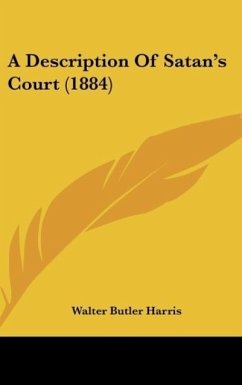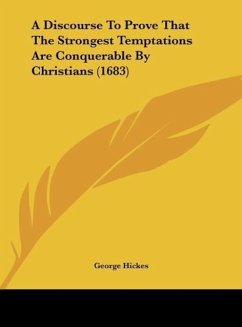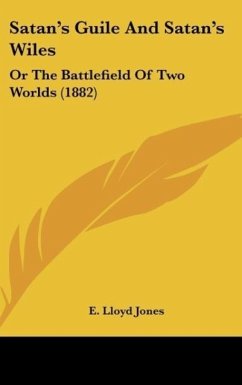1677. This work is "matter full" and suggestive rather than exhaustive. It contains clear and keen insight into the deepest places of the deepest things discussed. It is full of faith in all written in the Word and pathetically credulous in accepting testimony when an alleged fact is fitted to barb an appeal. It is pre-Raphaelite in the vivid fidelity of its portrayals of satanic guiles and guises that are always disguises, and above all, tenderly experimental in its consolation to the tried and troubled.
Bitte wählen Sie Ihr Anliegen aus.
Rechnungen
Retourenschein anfordern
Bestellstatus
Storno


